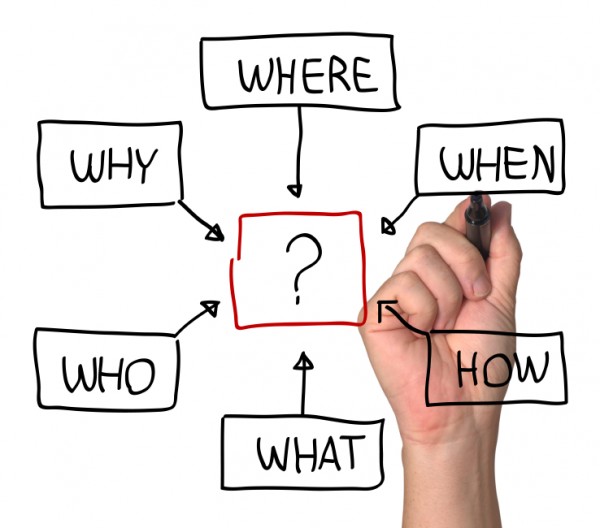
Failing to plan is planning to fail
Many new clients come to me without a formal plan, not so much for the lack of any planning but because they just don’t know where to start when preparing a plan. My quick answer for them is to just start writing.
Why?
Why are you going into business? If you are already in business, why you are already in business. What drives and motivates you into business? Why this business?
Who?
Who are your going into business with? Will you have business partners or do it alone? Who will your customers or clients be? Who will be your suppliers and employees?
What?
What will your business actually do? Will it produce something? Will you provide a service? What is it that your customers or clients want from your business? Will you be able to meet their needs and expectations?
Where?
Where will your business operate? Will you have a shop front? Will you need an office? Will you operate online? Where will your customers or clients come from? From where will you source your supplies?
When?
When will you start? When do you expect to achieve certain milestones in your business? Do you have a plan of when to transition out of the start-up phase?
How?
How will you manage the business, juggling your limited time between the new business, family and friends. Will you operate the business concurrently with your existing work as your business builds up?
Now just start writing. There is no correct answers and no one will be assessing your writing. Point form is fine. Key words are better than nothing. The business plan is your tool to keep yourself accountable and to help you understand your own business. You can’t write a business plan if you don’t understand your plan for the business.
In a year or two, the written business plan will give you the opportunity to look back and assess what you got right and what you got wrong. It is an opportunity to learn that can not exist without a written business plan.
18 Feb 2014